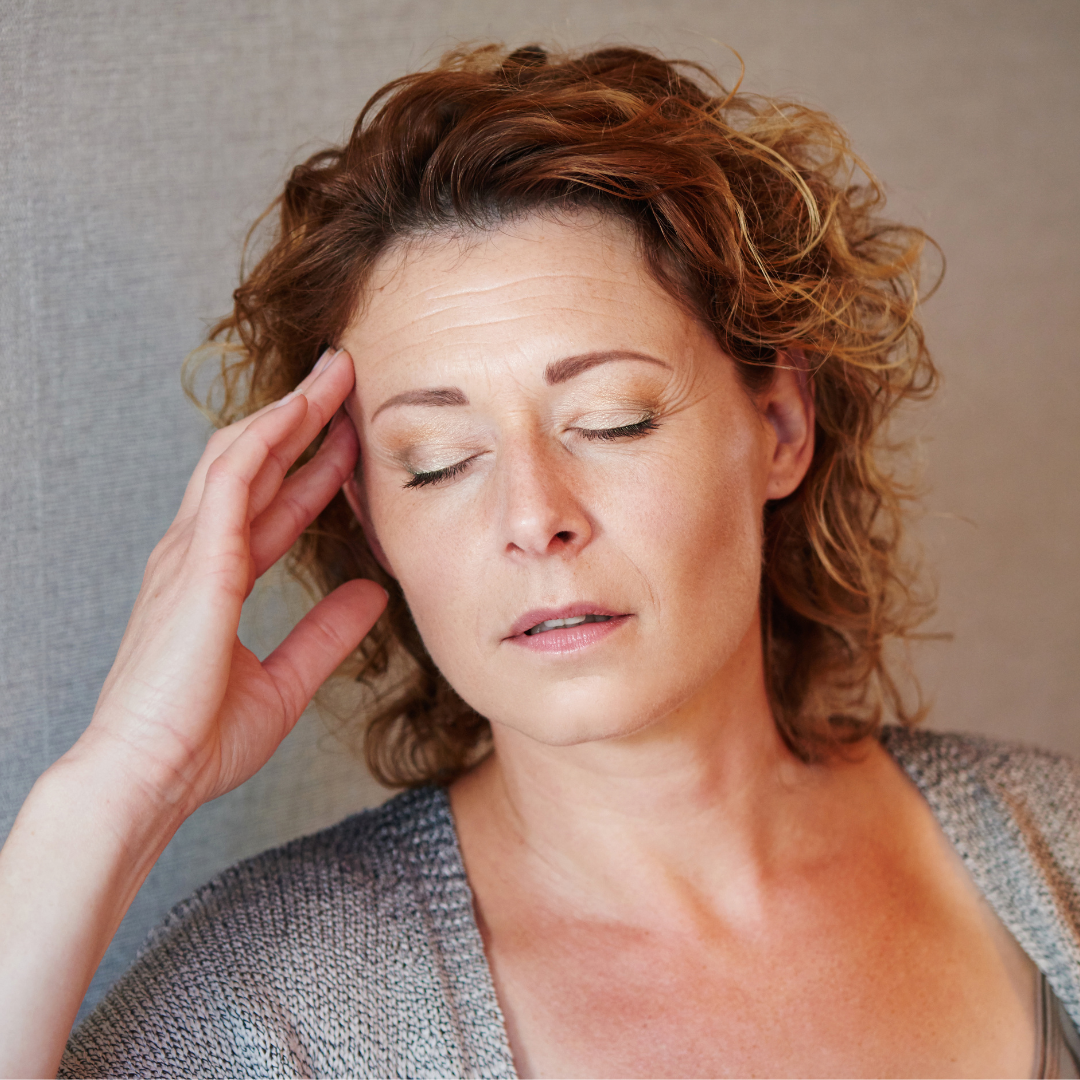
What is happening to my body during the menopause?
5 facts about the start of the menopause
Peri-menopause and menopause are totally natural phases of your life.
Falling oestrogen levels trigger the start of peri-menopause and can cause symptoms anywhere in your body.
Blood tests are not a reliable diagnosis of menopause in most women.
Your symptoms and how you are feeling is a much more reliable indicator to whether you are entering the menopause.
Let's dive into the detail about what is happening to your body during the menopause...
One thing is certain, menopause is going to happen; there’s nothing any woman can do to avoid it. It’s a completely natural transition in your life. We think it’s essential that you understand what’s happening and why.
Menopause is the time when your periods stop, and you move out of the reproductive phase of your life. Life does not end at menopause though - we promise you that! It usually starts to happen between the ages of 45 and 55 but it’s not so unusual for it to start earlier than that. If menopause starts a lot earlier, perhaps in your 30s it’s known as premature ovarian insufficiency – we will talk about that in different blogs. Some of you may also start your menopause because of medical treatments or surgery and again we talk about this type of menopause elsewhere.
It’s all about hormones
Everything that happens during the menopause is influenced by changes in your hormone levels, especially oestrogen.
Oestrogen is made by your ovaries, it’s oestrogen that kicks off puberty and the start of your periods, and it’s your falling oestrogen levels fall triggering the end of your periods and menopause. The big difference between puberty and menopause is that we usually tell girls what to expect in puberty - somehow that message got lost when it comes to menopause!
As well as controlling your reproductive cycle oestrogen gives you your female characteristics. The hormone has influence all over your body from the top of your head to the tips of your toes. As the levels of oestrogen fall some areas of your body struggle to get used to the change for a while and this can cause menopause symptoms. Some symptoms are mild and barely noticeable while others can be difficult to live with.
Your oestrogen levels don’t just fall overnight, they can go up and down for quite a while, for several years in fact. This roller coaster ride is the peri-menopause and tends to be when the symptoms you’re experiencing will be at their most bothersome. Around 50-55 your periods will most likely stop completely, when you haven’t had a period for 12 months you are officially 'in menopause'.
Symptoms
You might be delighted that periods are coming to an end, you might welcome this time with open arms. For others the adjustment and transition can be more difficult. You can experience a wide range of symptoms which are triggered by the falling oestrogen levels. Hot flushes and night sweats are probably the most well-known menopause symptoms, but there are masses of others which can affect your day-to-day life. Symptoms vary so much between different women, and we talk about them in more detail on another blog.
There are a couple of symptoms of menopause which are universal amongst women. The strength of your bones is reduced by falling oestrogen levels and over time they become more prone to fracture (Osteoporosis). The problem is you don’t feel this happening, it often not until a woman falls and fractures a bone that Osteoporosis is discovered. Your lower levels of oestrogen also have an affect on your heart disease and stroke risk.
There is so much you can do minimise these effects on your bones and heart health risk - in fact all the symptoms of the menopause can be improved but only if you know what to look for and where to get help and advice.
Is there a test for menopause?
It would be so much easier if there was! We mentioned that you’re menopausal 12 months after your final period, but that’s not so easy to identify. Not many women keep records of their periods. Some forms of contraception or hormone replacement therapy are designed specifically so you don’t have periods. It’s also very common for your periods to change and get quite erratic while your hormones are changing. Doctors used to look at hormone levels in your blood to “diagnose” menopause but that’s very out of date. We now know it really isn’t reliable for most women. All a random blood test will show is what your hormones were doing when the blood was taken. Your hormone levels change all the time in peri-menopause that’s why your symptoms are changing all the time. A doctor who has some understanding of the menopause will always want to focus far more closely on you and your symptoms. How you’re feeling and how this had changed over the last few months is far more useful than a blood test.
Remember it’s your menopause. Its all about how you feel and the choices about how you manage your symptoms are yours - no one else’s.
If you are at the beginning of your menopause journey, let us support you every step of the way as a member of Harley Street at Home - learn more about our plans here
Find more blogs like this:
www.harleystathome.com | Instagram @harleystreetathomemenopause
Facebook: Search Harley Street at Home: Diagnosis, Symptoms & Treatments or Harley St at Home: Lifestyle, Self-Care and Lifestyle to join our private community



